COVID-19 Vaccine May Pit Science Against Politics
Enlarge this image
FDA Commissioner Stephen Hahn (left), Vice President Mike Pence, and Dr. Ella Grach, CEO of Wake Research, at the NC Biotechnology Center in July, where Phase 3 trials for a coronavirus vaccine candidate are underway.
Gerry Broome/AP
hide caption
toggle caption
Gerry Broome/AP
Shots — Health News
CDC’s Changed Testing Guidelines Could Lead To Less Testing, Experts Fear
Shots — Health News
FDA’s Hahn Apologizes For Overselling Plasma’s Benefits As A COVID-19 Treatment
FDA officials have maintained that all their decisions are based on science, not politics.
In June, the agency released guidance for what it would require before granting any kind of approval for the COVID-19 vaccine.
The guidance states that at a minimum, the FDA wants to see any vaccine tested in thousands of people so that any relatively rare side effects can be caught, and to see if the vaccine is actually preventing disease. The agency also says the vaccine doesn’t have to prevent 100% of disease to get a green light; just 50% would be sufficient.
How long it would take to show that depends on several factors, including how fast volunteers can be enrolled in trials and how much virus is circulating where the trials are taking place. Certainly it’s a process that would take months.
The Trump Administration has vowed to cut red tape to speed the approval process, and the normal process does require a lot of data and a lot of paperwork.
But the FDA has also said it would consider granting something called an Emergency Use Authorization, or EUA, to the makers of a vaccine candidate that appeared to be safe and effective.
That’s where critics worry political influence could creep in.
«The EUA rules are loose, says Paul Offit, a vaccine developer at Children’s Hospital of Philadelphia and a member of the FDA’s Vaccines and Related Biological Products Advisory Committee. Usually, the FDA would rely on the independent scientists on that committee to advise it about important decisions concerning new therapies and vaccines. Offit worries the FDA could be pressured into issuing an EUA with little or no scrutiny of that decision.
FDA Commissioner Stephen Hahn has tried to assure skeptics that won’t happen. He wrote an editorial dated Aug. 7, 2020 in the medical journal JAMA.
«The physician leadership of the U.S. Food and Drug Administration (including the authors of this Viewpoint) unequivocally state that candidate COVID-19 vaccines will be reviewed according to the established legal and regulatory standards for medical products, Hahn wrote.
The editorial continues: «Given the widespread potential use of a COVID-19 vaccine, transparent discussion at FDA’s Vaccines and Related Biological Products Advisory Committee will be needed prior to vaccine authorization or licensure to ensure clear public understanding of the evidence supporting vaccine safety and efficacy.
Even if the evidence is made public, there could still be a robust scientific debate over whether a vaccine is ready for approval. Opinions will vary about just how convincing the data are, and whether the reported effectiveness is really adequate to rein in the pandemic.
The shorter the time allotted for testing, the less likely there will be ironclad evidence that a vaccine is effective. What’s more, the fewer people in whom the vaccine is tested, the less likely the testing will reveal rare but fatal side effects. Shorter testing periods also mean there’s less certainty about how long any protective effect from a vaccine will last.
So there are bound to be critics of any decision the FDA makes.
Paul Offit says making the right decision is critical.
«We have two ways out of this pandemic. One is hygienic measures — which we don’t seem very good at — and two is the vaccine, he says.
«Don’t screw this up. The vaccine is our best way out of it at this point. And to shake the American confidence further with either an unsafe or ineffective vaccine would be, I think, a disaster.
At least two other countries seem to have slighted science in making decisions about vaccines. For example, Russian President Vladimir Putin announced on Aug. 11 that regulators in that country would approve a Russian-made vaccine — long before it had undergone the kind of evaluation scientists say is essential. China also reportedly began giving an unproven vaccine to its citizens in July.
- operation warp speed
- coronavirus vaccine
- FDA
- Vaccines
Обсудим?
Смотрите также:

